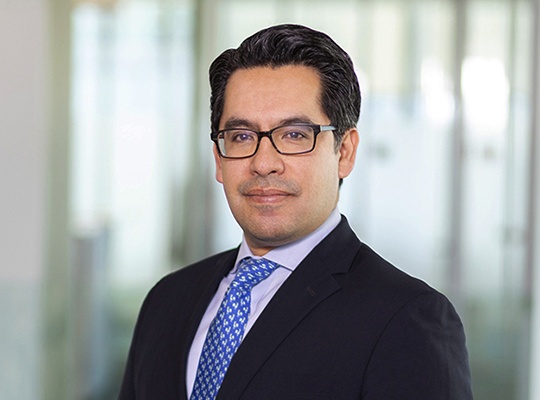Goodyear FCPA Fine Highlights Benefits of Cooperation and Robust Compliance Controls
The Goodyear Tire & Rubber Company (“Goodyear”), one of the world’s largest tire companies, reached a significant settlement with the U.S. Securities & Exchange Commission (“SEC”) in connection with charges that two of its subsidiaries violated the Foreign Corrupt Practices Act (“FCPA”). The February 24 settlement, the SEC’s second of 2015, is notable because it highlights how cooperation with the SEC and adequate compliance and oversight over corporate subsidiaries can mitigate FCPA penalties.
The settlement stems from Goodyear’s alleged failure to prevent or detect more than $3.2 million in bribes by two indirect subsidiaries during a four-year period from 2007 through 2011, as a result of Goodyear’s allegedly inadequate FCPA compliance controls over its subsidiaries. Although Goodyear agreed to pay $16 million to settle charges that its indirect subsidiaries paid bribes to government owned and affiliated entities to obtain tire sales in Kenya and Angola in violation of the FCPA, the SEC did not find that Goodyear itself violated the anti-bribery provisions of the FCPA. Rather, the SEC’s order finds that Goodyear violated the FCPA’s books and records provision by falsely recording the bribes in its consolidated books and records as legitimate expenses.
Specifically, the SEC’s order, instituting settled proceedings, finds that management at Treadsetters, a retail tire distributor incorporated and located in Kenya and an indirect subsidiary of Goodyear, regularly authorized and paid bribes to employees of government owned or affiliated entities, which were falsely recorded on Treadsetter’s books as expenses for promotional products. Similarly, employees at Trentyre, a wholly-owned subsidiary of Goodyear, allegedly paid bribes to government owned or affiliated entities in Angola at the direction of Trentyre’s former general manager. According to the SEC, that scheme involved marking up the price of Trentyre’s tire costs on its balance sheet, making improper payments through cash and wire transfers to employees of customers, and debiting those amounts on the balance sheet as payments to vendors for freight and clearing costs. With respect to both subsidiaries, the SEC alleged that the falsely recorded improper payments were consolidated into Goodyear’s books and records. The SEC held Goodyear accountable for failing to prevent or detect the improper payments by its subsidiaries because, according to the SEC, it did not implement adequate FCPA compliance training and controls. With regard to Treadsetters, the SEC also found that Goodyear failed to detect the scheme at the time it acquired the subsidiary because of inadequate due diligence.
This settlement has two significant implications. First, Goodyear likely escaped a much more severe sanction as a result of its cooperation with the SEC’s investigation. The dollar value of the settlement is significantly lower than other recent FCPA settlements. Goodyear is required to pay $14.1 million in disgorgement and $2.1 million in prejudgment interest but no civil fine. Indeed, the SEC order specifically cites Goodyear’s cooperation and remediation efforts as factors that militated in favor of reaching the settlement. The SEC noted that Goodyear provided “significant cooperation” with the SEC’s investigation, including voluntarily producing documents and reports from the company’s internal investigation and promptly responding to SEC staff requests for information and documents. Additionally, the SEC highlighted that Goodyear undertook disciplinary action against certain employees who had oversight for failing to ensure that adequate FCPA compliance training and controls were in place at the subsidiaries, and implemented improvements to its compliance program, both in sub-Saharan Africa and globally. Thus, this modest settlement demonstrates the SEC’s continued focus on self-reporting and cooperation in its investigations.
Second, this settlement underscores the importance of conducting adequate due diligence for corporate acquisitions and of ensuring that robust compliance programs are in place globally. The SEC’s order did not charge Goodyear, as the parent company, with any direct involvement in the improper payments, but instead held Goodyear accountable only for failing to implement proper controls over the conduct of two indirect subsidiaries. These allegations reinforce the continued need for companies to conduct proper acquisition due diligence and to maintain strong controls and compliance programs.


